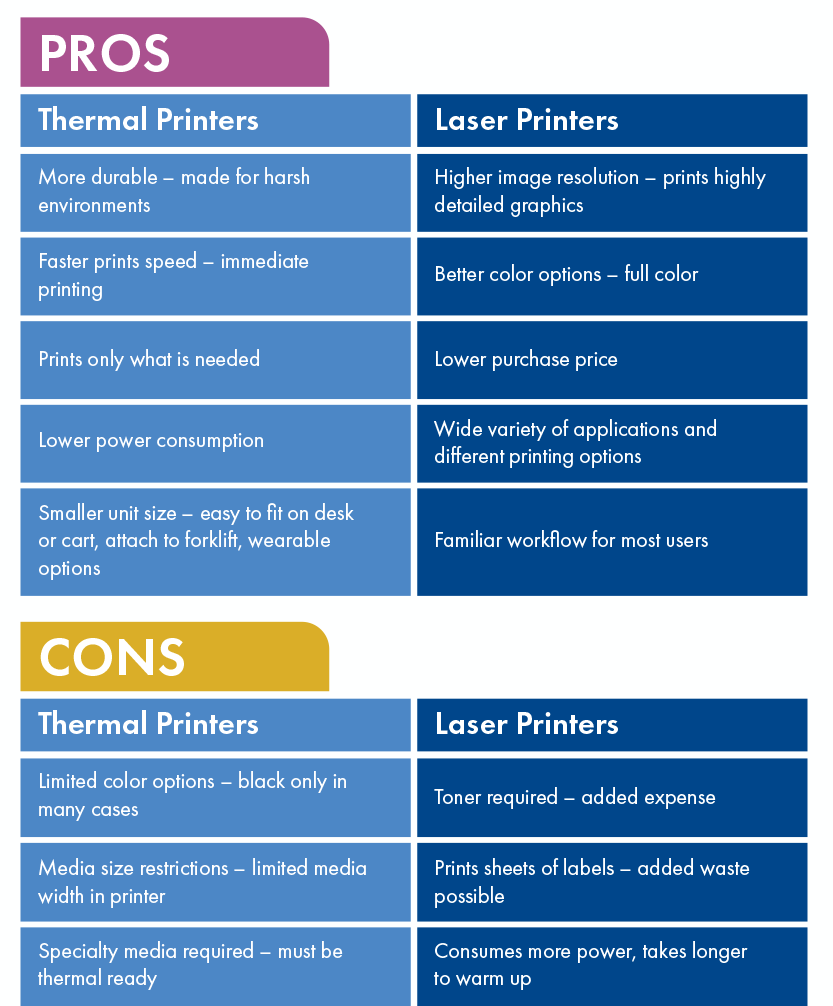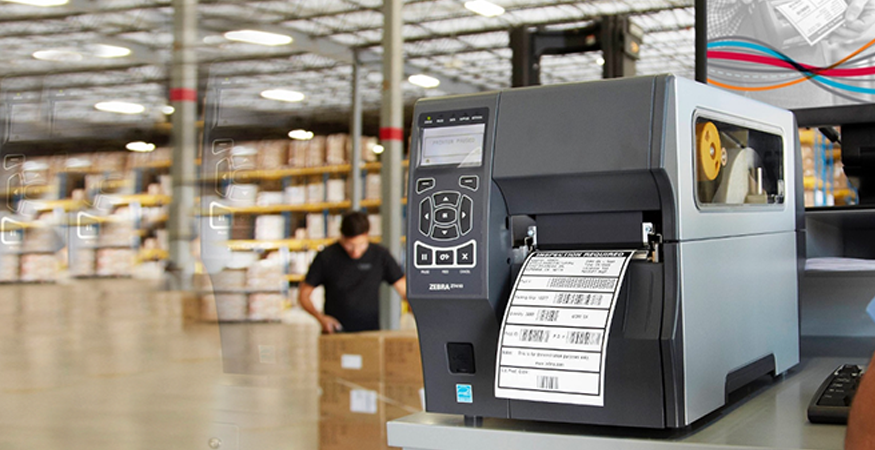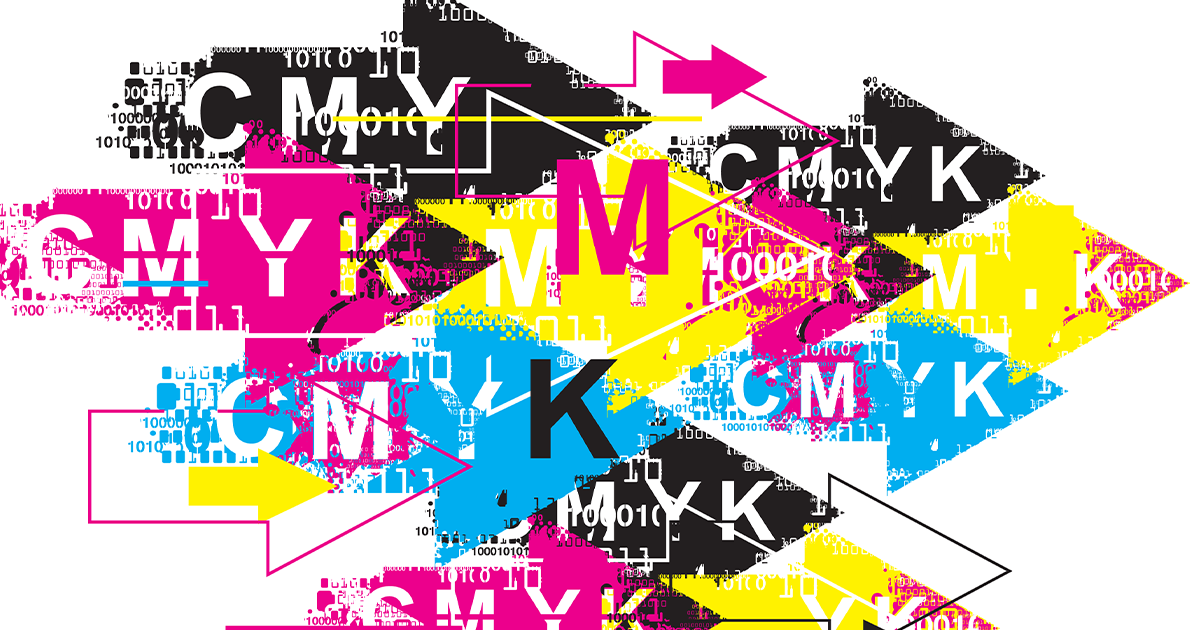Almost every business has laser printers, so it makes sense that when it’s time to print labels, most people are going to turn to that solution. However, specialized thermal label printers can print labels faster and more efficiently and deliver more advanced labeling technology. How do you decide when it is time to use thermal printers or laser technology?
Today, we will discuss the pros and cons of thermal or laser printing technology.
A laser printer and a thermal printer have two different printing methods. A laser printer pulls paper or labels through a series of rollers while the image is burned into the paper. A thermal printer typically has a short, straight path that runs specially coated thermal paper over a print head consisting of tiny electrically heated elements.
However, with a laser printer, labels must bend or change directions due to the path changes. This can result in an opportunity for the label to separate from the silicone backing, causing jams. With the thermal printer’s direct print path, the speed and reliability are going to be greater.
However, if your label printing needs include color and detailed images, thermal printers are very limited. You will need a laser printer to print most labels with colors and/or images. But if you need a high volume of black and white labels for shipping or labeling, a thermal printer will be your best bet.
Thermal printers may cost more initially than laser printers, but for businesses that need reliable labels for shipping, tracking and routing, thermal printers offer reliable printing labels and advanced tools for managing variable data. As such, the Total Cost of Ownership of laser printers can be higher for meeting today’s labeling needs.
THERMAL vs. LASER PRINTING: ADVANTAGES and DISADVANTAGES

USE CASES FOR THERMAL
Consider the case of DHL Supply Chain of North America. In 2017, the company was looking for ways to control printing and label costs. The company had issues with unreadable labels, which cost the company more than $100,000 at one distribution center alone. By standardizing on thermal label printers and barcode readers at over 400 distribution centers, the company immediately realized an estimated $273,000 savings.
In addition to increased reliability, thermal printing can also integrate into more advanced workflows and asset tracking applications. Carmaker Renault uses thermal printers to quickly print RFID tracking labels so that parts and inventory can automatically be tracked throughout factories, even with hundreds of cars coming off the assembly line each day. A failure to track a single part could result in assembly delays and automobiles going to the wrong locations. And with the data available from these workflows, Renault has been able to optimize assembly and improve delivery times.
If you’d like to learn how GFC can help your business adopt reliable thermal label printers, call us today to see how we can give you the right tools, expertise and resources to handle your complex management and logistics demands.











